iNForm your School
iNForm your school
If you’re involved in a child’s education, as a parent, carer, teacher, SENCO or support staff, you can help their school better understand NF.
Many educators have never heard of NF, the medical group name for Neurofibromatosis Type 1 (NF1), NF2-related Schwannomatosis (NF2), and Schwannomatosis (SWN), and that lack of awareness can lead to missed support, misunderstood behaviours, and barriers to learning. Students with NF may face challenges that affect attention, learning, mobility, hearing, or emotional wellbeing.
That’s why we created iNForm your school: a professionally developed information pack that gives school staff the tools, language, and understanding they need to support a child with NF, support which is ongoing throughout their education.
What's in the pack?
A physical pack with expert-written info, tools, and guidance to help schools support students with NF - sent straight to the school, not left to the family to explain.
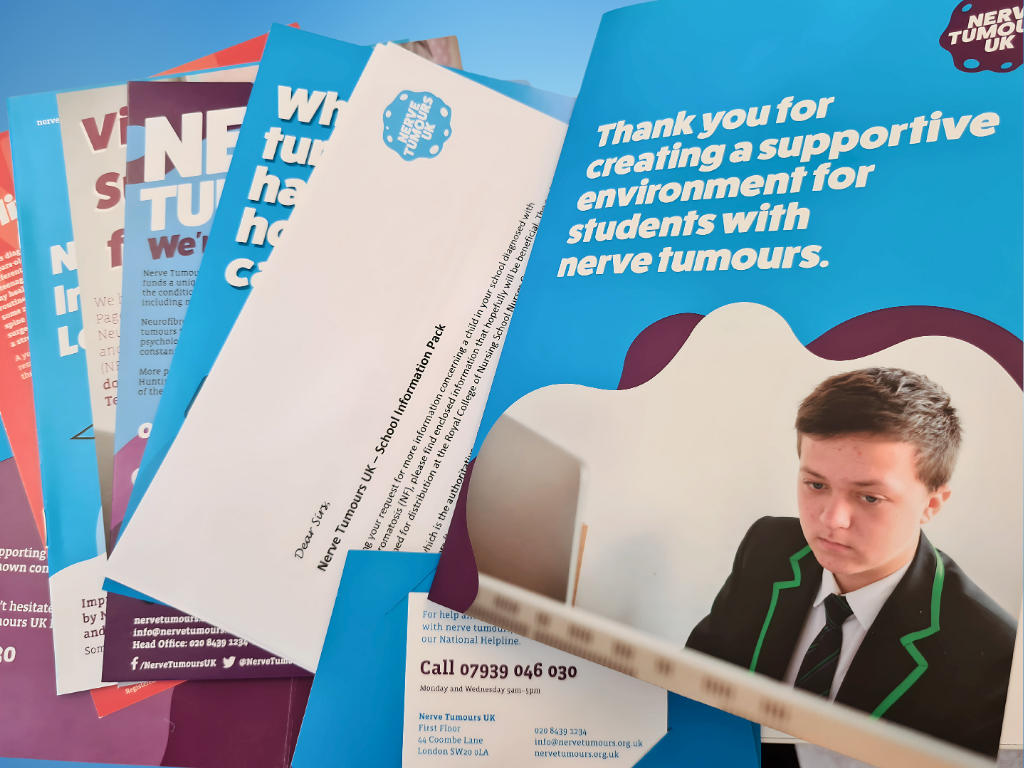
NF1 students
NF1 can affect learning, behaviour, and focus. This section helps staff understand how it shows up in class - and what can help.
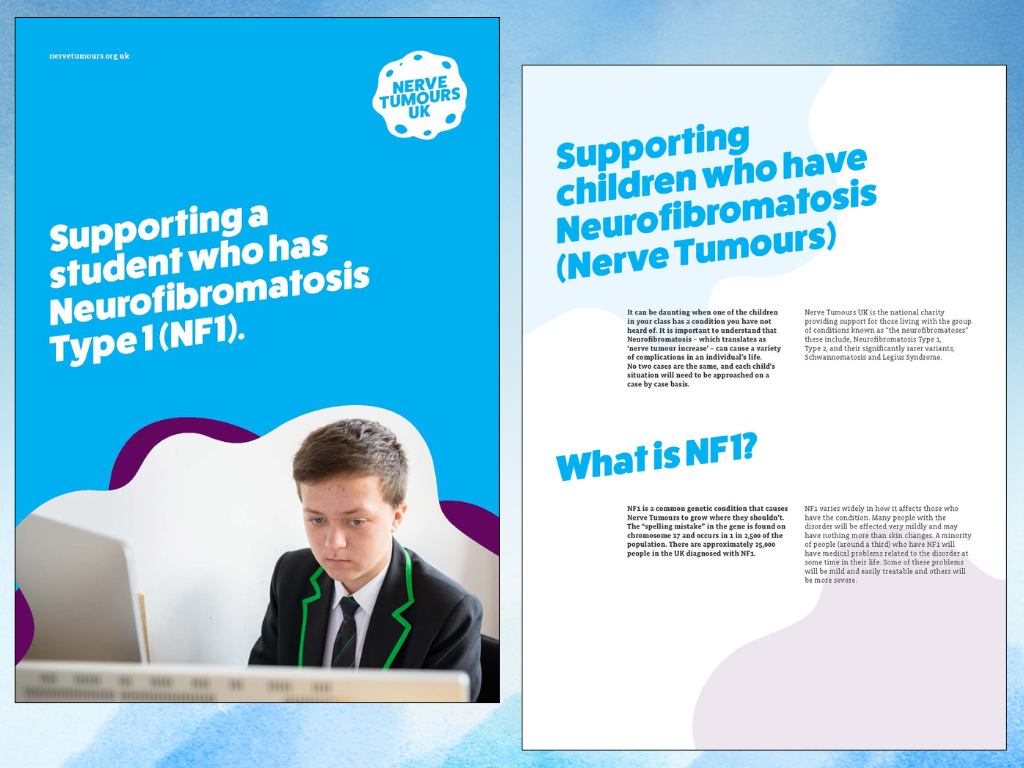
NF2 students
NF2 impacts hearing, balance, and energy. Here’s what schools need to know to give students the right support.
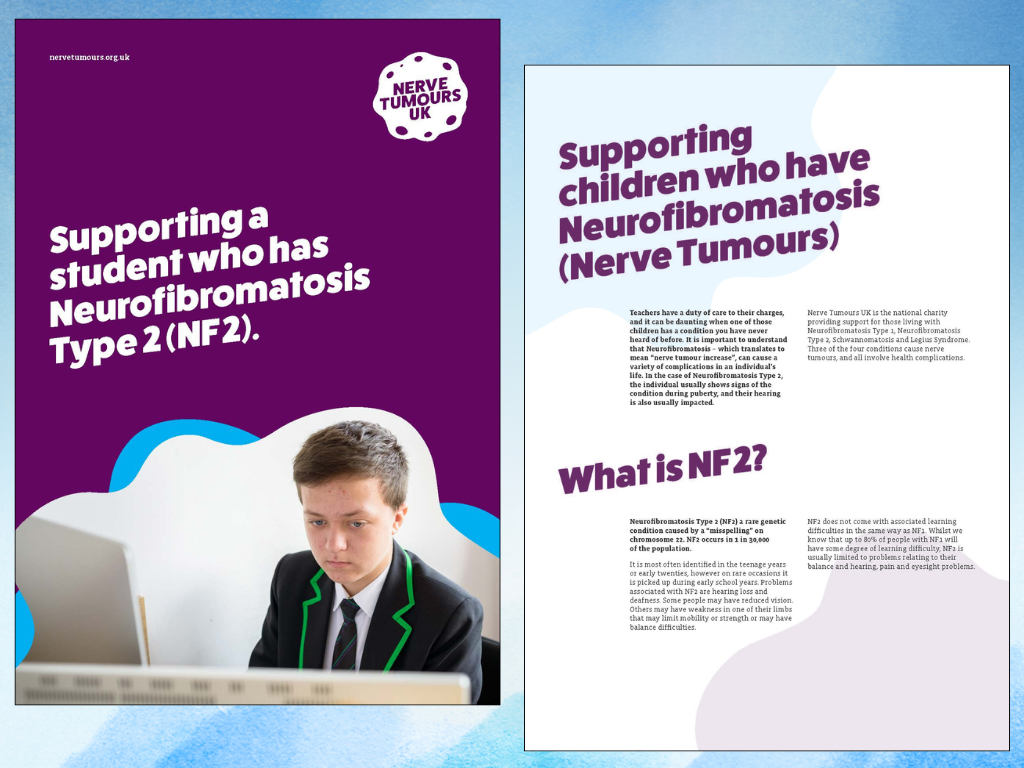
Condition information
Clear, easy-to-follow info on NF1, NF2, and SWN to help school staff understand the condition and its impact.
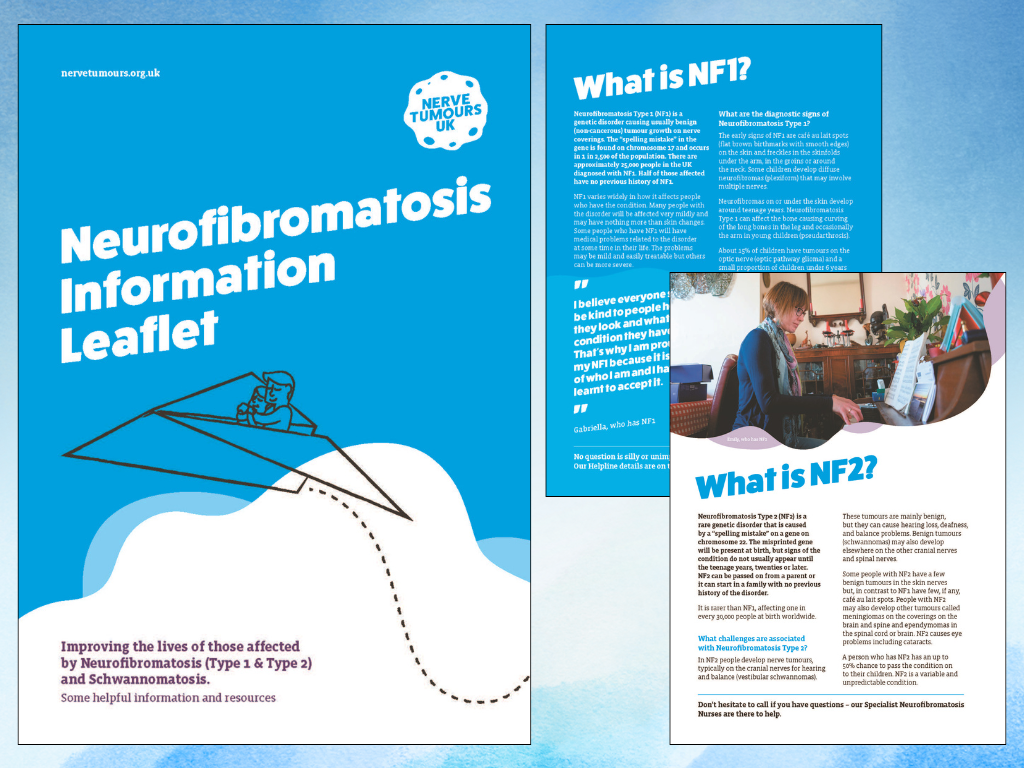
Want the school to request a pack?
Sometimes, it can be easier for schools to lead the conversation and make you feel as though they are prioritising your child's educational experience. You can initiate this by using our easy School Letter, which you can download below. This letter informs the school of who we are, what we do, and how they can request a pack and find out more.
Letter to your school
Take the pressure off informing the school. Use this helpful letter to start the conversation.
Download_1024_768_s_c1.png)
NTUK Specialist NF Nurses & school support
Helping schools understand NF - with expert back-up
Supporting a child with NF in school can be challenging, especially if staff have never encountered the condition before. That’s why Nerve Tumours UK funds a nationwide network of Specialist NF Nurses and Advisors, including a dedicated Schools Advisory Service.
These professionals are here to help families, teachers, and education staff understand how NF can affect a child’s learning, behaviour, and daily experience in school.
How our nurses can help:
- Advise teachers and SENCOs on classroom strategies, behaviour, and learning needs
- Link with education and healthcare professionals, including OTs, physios, SALTs and CAMHS teams
- Explain the link between NF and common co-diagnoses like ADHD, ADD, and ASD
- Break down the medical side of NF into practical insights that educators can act on
- Support early recognition of signs that may otherwise be dismissed as 'just part of NF'
This joined-up approach often leads to earlier interventions, improved confidence, and better academic outcomes for the student.
Why it matters
More than 60% of children with NF1 experience learning difficulties, but many schools remain unaware of how the condition presents. Without understanding, students may be unsupported or mis-labelled. When teachers have the right information, they are better able to respond with empathy, not confusion.
By working alongside families and schools, our Specialist NF Advisors help ensure NF doesn’t get in the way of learning, growth, or inclusion.
Connect with a Specialist NF Nurse
We have Specialist Nurses across the UK. Speak with our team or request support for your school.
NTUK Helpline_1024_768_s_c1.png)
Discussing visible differences in the classroom
Teachers play a vital role in shaping how children feel about themselves and their peers. For pupils with a visible difference, the words teachers use can have a lasting impact on confidence, inclusion, and wellbeing. This guide from Centre for Appearance Research's new website Visible Difference Support Hub, offers practical advice on language, helping teachers to communicate in ways that are respectful, supportive, and empowering. It highlights common pitfalls to avoid, provides positive alternatives, and gives strategies for fostering a classroom culture where difference is understood and valued.
Read the Teacher's Support Guide here
Read Now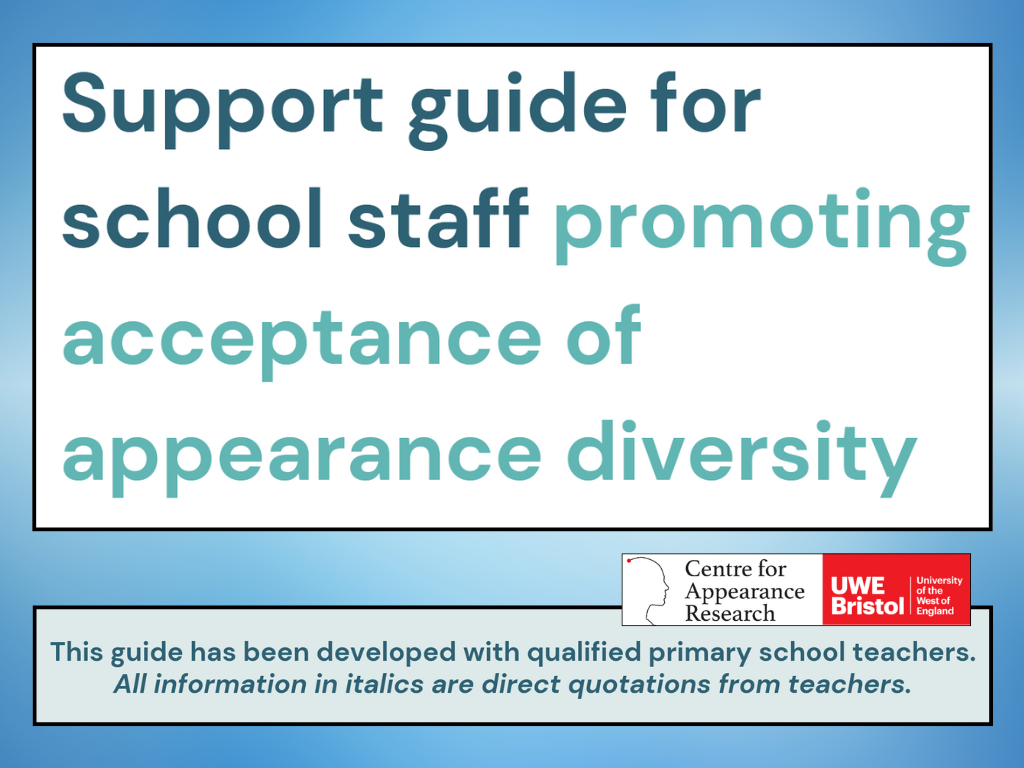
The Learning Disability Register: why it matters
If your child has a learning disability, it’s important they are added to the Learning Disability Register at their GP practice. This is a national register, used by the NHS, to help ensure people with learning disabilities get the right support in healthcare settings.
What is the Learning Disability Register?
It’s a confidential list held by your GP surgery. Anyone, of any age and with any level of learning disability, can be added. Being on the register can lead to:
- Better communication and understanding from healthcare professionals
- Annual health checks tailored to your child’s needs
- Reasonable adjustments during appointments
- Priority access to certain services, like vaccines during public health rollouts
Why this matters for children with NF
Around 60% of children with NF1 experience learning disabilities. Yet without being formally recognised on the register, they may not get the extra support they’re entitled to during GP visits and other health appointments.
This isn’t just about medical care, it’s about making sure your child is seen, understood, and supported as a whole person.
How to join the Register
You need to have a discussion with the GP. The most complicated part of which, is explaining NF to a general practicioner who possibly hasn't thought about NF since their time at medical school. This is why we've created a detailed letter for you to take to them. This takes the pressure off explaining and communicating everything.
You can download the letter below or for more information and assistance please don't hesistate to get in touch with us.
LDR Registration Letter
Download the LDR Registration Letter and make the conversation easier.
Download_1024_768_s_c1.png)
iNForm your GP
For more information on discussing NF with your GP, visit our iNForm your GP page.
iNForm your GP



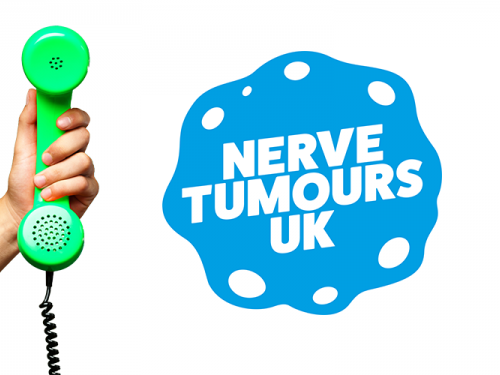

_500_375_s_c1.png)
